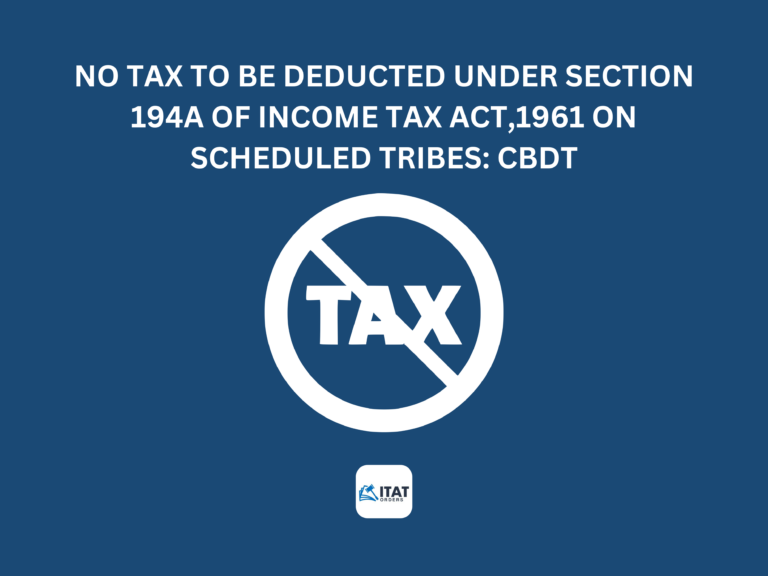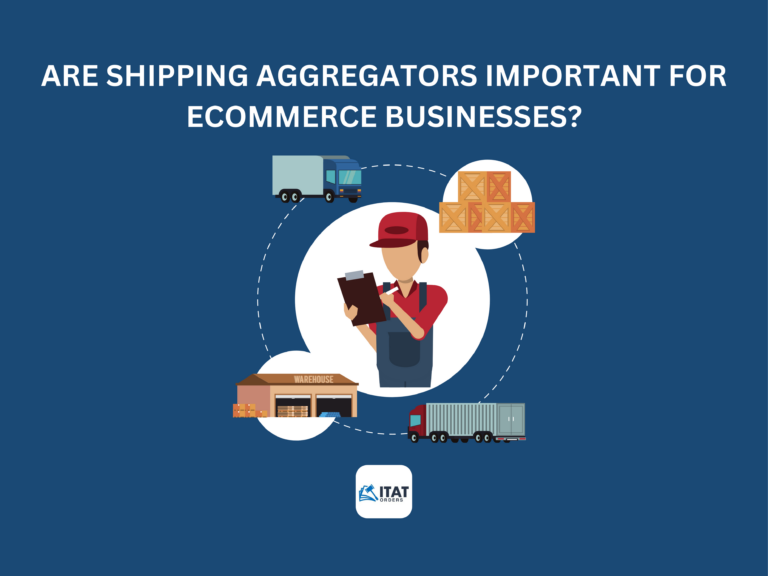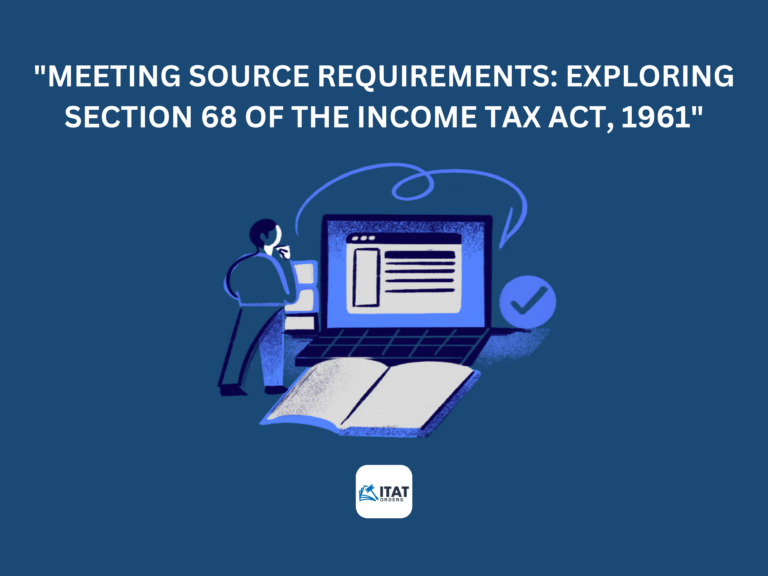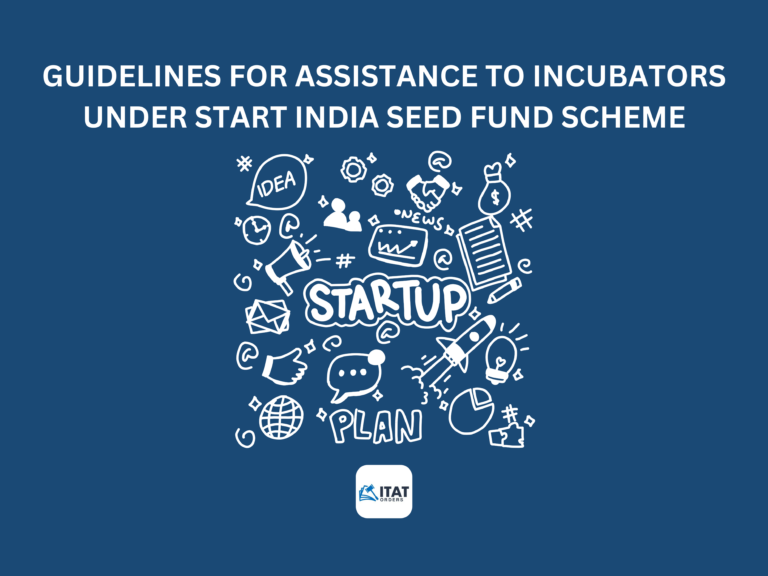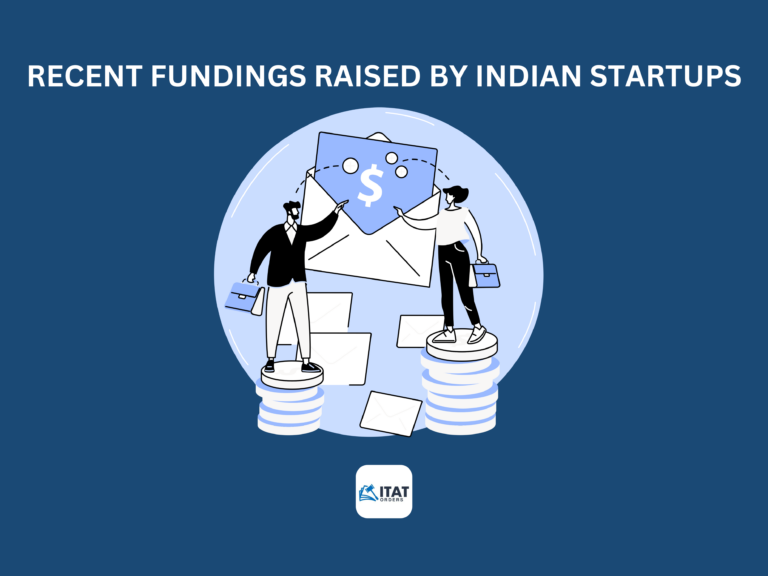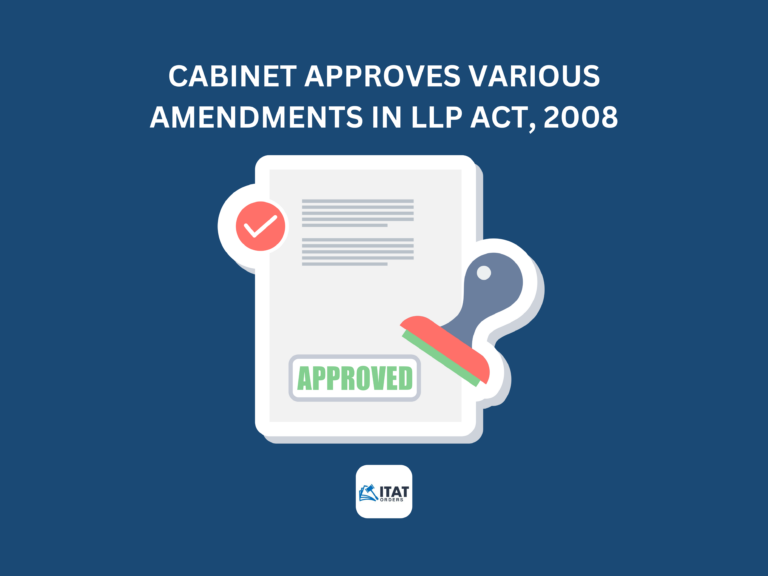| S.No | Name of Incubator | About the Incubator | Website link |
| 1. | IIMK Live | Indian Institute of Management Kozhikode (IIMK) is the fifth IIM set up by Government of India and is committed to research and education in management domain to meet national human resources development goals. Over the last two decades, the institute has made significant intellectual, economic and social impact at national and local level. IIMK LIVE is the business incubator and entrepreneurship development center hosted by IIM Kozhikode and is set up with the support of the Department of Science and Technology, Government of India. Established in June 2016, the center is envisioned to function as a business incubator with a purpose of creating a National Centre of Excellence that promotes innovation, new business venturing and entrepreneurship. Towards this, it seeks to emerge as a collaborative platform that helps transform innovative ideas into business ventures that make significant economic and social impact. Incubation of startup enterprises, thus, is the primary activity of IIMK LIVE. Apart from Incubation Program for Start-ups, it seeks to carry out activities that promote entrepreneurship on IIMK campus and across greater community, conduct training and research in the domain of entrepreneurship, foster innovation through competitive events, extend pre-incubation support to shape ideas, conduct accelerator/ cohort-based programs to help scale up the ventures and other assistance to entrepreneurs. Being an on-campus Incubator, it gains immensely from the faculty members, research & knowledge base, students, alumni, institutional networks and other resources of IIM Kozhikode. IIMK LIVE’s incubation program aims at supporting entrepreneurs in the process of launching their business ventures and turning them into successful business enterprises.
| https://www.iimklive.org/ |
| 2. | FiiRE – Forum For Innovation Incubation Research And Entrepreneurship | Forum for Innovation Incubation Research and Entrepreneurship (FiiRE) is a NIDHI -Technology Business Incubator supported by DST, Government of India, hosted at the Don Bosco College of Engineering Fatorda, Goa. FiiRE supports early stage technology ventures which work towards innovation, development or improvement of products or processes or services with a scalable business model. It offers incubation support, co-working space, testing laboratory, training halls and other facilities to its incubatees and entrepreneurs. FiiRE through its structured incubation process, helps start-ups build prototypes, provides access to strategic mentors, early adopters and investors. FiiRE demonstrates how a consistent and well-curated facility fosters entrepreneurship.
| https://www.fiire.org.in/ |
| 3. | Gujarat Foundation For Entrepreneurial Excellence | iCreate (International Centre for Entrepreneurship and Technology) is an autonomous centre of excellence of the Government of Gujarat and is India’s leading institution for transforming startups based on tech innovation into successful businesses. Located in a state-of-the-art 40-acre campus at Dev Dholera in Ahmedabad. To date, it has supported 389 innovations and 30 patents with a ‘high-touch, entrepreneur first model, connecting them with mentors, markets and money. Embedded systems and IoT are a focus area for iCreate, in domains like Electric Vehicles, Renewable Energy, Agritech, Healthtech, Fintech, Watertech, among others. In addition, it is home to Cisco’s largest Innovation Lab in India and has partnerships with leading institutions in the US, Israel, and other countries.
| https://www.icreate.org.in/ |
| 4. | Crescent Innovation & Incubation Council(CIIC)
| Crescent Innovation & Incubation Council(CIIC), established as a Section-8 not for profit company is the innovation arm of B.S. Abdur Rahman Crescent Institute of Science and Technology(BSACIST), Chennai funded by BioNEST BIRAC, Department of Biotechnology, Govt. of India and positioned as the 3rd Best Bio-Incubator of India 2020 by Biospectrum Magazine. CIIC has been acting as a “One Stop Shop – Technology Business Incubator (TBI)” for startups in the field of Life Sciences, Industry 4.0 and Mobility and Transportation. CIIC aims to support & render start-up into a profitable entity through the mission statement called Triple ‘M’ – Market, Money and Mentor transforming innovation into scalable business models with high productive impact, encouraging interdisciplinary advancement both nationally and internationally. CIIC is recognized by the European Commission for collaborative projects and soft landing of startups. CIIC is administered by 10+ full time team with industry background to support startups. Atal Ranking of Institutions on Innovation Achievements (ARIIA), Ministry of Education, GoI has ranked BSACIST under Band A (6-25) through the support of CIIC. Also BSACIST has received a 5-star rating for Institutional Innovation Council, Ministry of Education, Govt of India within a year of operation.
| https://www.ciic.ventures/ |
| 5. | COEP’s Bhau Institute Of Innovation Entrepreneurship And Leadership
| COEP’s Bhau Institute of Innovation, Entrepreneurship, and Leadership (“Bhau Institute”), hosted at the College of Engineering Pune (COEP). Since 2018, we are a Technology Business Incubator under NIDHI-TBI scheme supported by Department of Science and technology of Government of India. Bhau Institute supports early stage startups having innovative ideas in the areas of IOT, AI/ML, AR, VR, Healthcare technologies, Cyber security, and Grassroots innovations, Edutech, Agritech and Smart Mobility. Our programs include Pre-Incubation, Physical, Virtual and Custom Incubation. We provide technical and business mentoring in idea validation, financial modelling, market sizing, Go-to-Market strategy, industry connects and access to funding. We also provide access to tools, lab facilities and office space for prototype development.
| https://bhau.org/ |
| 6. | Coimbatore Innovation and Business Incubator | Forge – a DST recognised TBI, is catalysing national-scale industrial digital transformation by enabling Government and Industry to collaborate with startups as engines of Innovation & transformation. By combining industrial innovation labs, innovation grants, startup seed capital, knowledge resources & program management capabilities, and global partner networks, Forge harnesses entrepreneurial innovation and venture capital to orbit shift India’s tech sector. Forge Advantage for Startups • Vertically integrated incubator with 75K sq.ft footprint in Coimbatore, Chennai & Hosur • Innovation CoEs & Advanced Tech Labs of Rs.40 Cr+ value • National scale market access & pathways for commercial & investments with Industrial corporates sector & Government owned public sectors • Knowledge Driven Incubation to develop capabilities of Innovators and Entrepreneurs • Grants & Seed Capital to accelerate scaling up products and ventures.
| https://www.forgeforward.in/ |
| 7. | Dayananda Sagar Entrepreneurship Research & Business Incubation Foundation | DERBI Foundation is a Technology Business Incubator hosted by the Dayananda Sagar Institutions, Bangalore and is recognized and supported by DST and MeiTY , Government of India. Backed by multiple hospitals including the Sagar Hospitals , it has a strong focus on Healthtech and offers preincubation, incubation and acceleration programs, viz, PACE, Gallop and Emerge for early, mid and late stage startups. The startups are offered wholistic support which includes deep mentoring, access to domain experts, immersion in hospital setting, prototype development support and also access to seed funds. The portfolio startups have also been facilitated for multiple co-investments from VCs and Angel investors.
| https://derbifoundation.com/ |
| 8. | Centre for Advancing and Launching Enterprises | CrAdLE is a technology business incubator, promoted by Entrepreneurship Development Institute of India (EDII) and supported by NSTEDB, DST, Govt. of India. Our vision is to empower and nurture technology startups in achieving innovative, scalable and sustainable growth with the aim of positive, creative and constructive value addition to the community. We nurture an incubatee’s passion and business idea and impart a conducive support system to ensure sustainability and scalability of the startups. CrAdLE, a section 8 Company, fosters technology/knowledge-based entrepreneurial start-ups by: • Nurturing them at an early-stage and helping them overcome teething troubles, • Mentoring and providing all-equipped business environment for operation, • Extending value-added services viz. legal, financial, technical, IPR and mentoring to incubatees, • Strengthening business skills/knowledge of incubatees, • Providing a platform for speedy commercialization of technologies developed in academic and R&D institutions of the country, and • Facilitating business networking for better and faster enterprise growth.
| https://cradle-edii.in/ |
| 9. | Association of Lady Entrepreneurs of India (ALEAP) | LEAP, an ISO 9001:2015 certified & NABET gold rank accredited, not for profit organisation, with a history of over 27 years and existing collaborations with world class organizations like World Bank, GIZ, UNDP, SBF, British Council, UNESCAPE, USIBC, etc. We are also partnered with Technology & Educational Institutes, corporates & Ministry connections. Once a year, we select a small number of startups, and work intensively, to get them into the best possible shape and refine their pitch to investors/bankers. Each cycle culminates into graduation, where the startups present to a carefully selected invite-only audience from government statutes, PE Firms, VC’s, Banks and Industry Parks to help the startups find their feet. The Incubation doesn’t end with graduation, we handhold the start-up for life and beyond through ALEAP’s WE IITC for exploring international markets and lifetime access to our D2C online e-commerce platform, ALEIZONE.
| https://www.aleap.org/ |
| 10. | Society for Innovation and Development (SID)
| Society for Innovation and Development (SID) was founded by IISc to create a channel to help enterprises and industries leverage science and technology. Today, SID has four main business divisions that furthers its business activities: CoRE Labs (Co-Innovation and Research with Large Enterprises) – all corporate research at IISc gets funnelled through CORE Labs. So far IISc has engaged with over 200 corporates and has executed over 400 projects STEM Cell (Science, Technology, Entrepreneurship and Money) is the incubation cell at IISc. STEM cell incubates startups that leverage deep science to create commercial enterprises. In addition, SID has two specialized Technology Business Incubators (TBI’s). CPDMed-TBI at Centre for Product Design and Manufacturing (CPDM) that focusses on incubating MedTech startups that specialize in Geriatric MedTech and InCENSE-TBI at Centre for Nano Sciences (CeNSE) which incubates startups that leverage Nano Science TIME^2 (Technology Intervention for Medium Enterprises) TIME^2 focus is on helping SME’s by infusing them with world class IP and Technology from IISc. In addition, TIME^2 offers several programs to help SME owners scout technology within IISc as well building an in-house innovation capability. SEED (Science and Engineering for Enterprise Development) The group at SEED focusses on solving specific problems that are of National importance through targeted research.
| https://sid.iisc.ac.in/ |
| 11. | IIMCalcutta Innovation Park
| IIM Calcutta Innovation Park (IIMCIP) was set up in 2014 under the aegis of IIM Calcutta, to promote entrepreneurship and foster innovation. Currently it is recognized as one of the best performing business incubators in India. IIMCIP is working on developing a comprehensive entrepreneurship ecosystem in the unserved or underserved regions of the country with a strong focus on social entrepreneurship. Headquartered in Kolkata, IIMCIP team works out 4 Incubation Hubs i.e. Kolkata, Guwahati (Assam), Shillong (Meghalaya) and Itanagar (Arunachal Pradesh) and currently incubating about 200 startups.
| https://iimcip.org/ |
| 12. | Centre for Incubation and Business Acceleration
| Centre for incubation and business acceleration (CIBA) is a Technology Business Incubator catalyzed and supported by Department of Science & Technology. As the oldest and most successful incubator in the state of Goa, CIBA assists aspiring entrepreneurs by providing them with incubation support in terms of Ideation, Prototyping and Testing Labs, MVP Development, Fund Raising, Networking, Technology Commercialization, etc. CIBA also provides various other services such as Co-working, Co-Living etc. to facilitate the growth of startup ecosystem. CIBA is committed to growing a collaborative entrepreneurial network by providing a one-stop support system for start-ups and transforming Goa as a hub for entrepreneurship & innovation.
| https://www.ciba.org.in/ |
| 13. | Villgro Innovations Foundation | Established in 2001, Villgro incubates impact focused and innovation / invention based social enterprises in Health, Agribusiness, and Climate Action. The incubation program is designed to help enterprises create social impact at scale. Incubation comprises four aspects — seed funding, high touch portfolio management plus business advisory, structured mentoring and technical assistance program and support in building networks to markets and funders. Till date, Villgro has supported 323 social enterprises that have raised over Rs 440 Crores in funding, helped create 4922 jobs and helped impact over 20 million lives. Villgro was awarded the Best Incubator Award by the Department of Promotion of Industry and Internal Trade (GoI) in 2020.
| https://villgro.org/ |
| 14. | VEL TECH – TECHNOLOGY INCUBATOR
| Vel Tech Technology Incubator enables technology-embedded and innovation-powered start-ups to survive and scale across a wide spectrum of thrust areas with funding, infrastructure, mentorship, industry networking, resources, and training. Vel Tech TBI was received national recognition as NIDHI – Centre of Excellence catalyzed and Supported by NSTEDB Division, Department of Science and Technology (DST). NIDHI CoE @ Vel Tech TBI has created facility such as Manufacturing CoE, IT/ITES (Al/ML/DL – DGX – I Platform), E-Waste recycling, 3D Printing, and PCB Line of Equipment to support startups, industry units and academic research. OUR JOURNEY – 2010 established TBI to promote startups in e-waste management, Bio-waste, and Additive manufacturing facility. 2015 DST – Seed Support System (SSS) to provide financial support to Incubatees. 2017 NIDHI CoE recognition to Establish Manufacturing CoE, PCB facility, 3D Printing, and AI Super Computer Centre of Excellence, 2018 NIDHI PRAYAS funding (idea to Prototype grant), 2020 MeitY TIDE 2.0 funding (EiR and idea to Prototype grant to support ICT Innovations). OUR VISION: To be a World Class Incubator and Accelerator with a successful track record of incubating leading products, solutions, and services. Vel Tech TBI Ecosystem is rich in diversity with startups in terms of quality and quantity. Vel Tech TBI gives life to your ideas.
| https://www.veltechtbi.com/ |
| 15. | AIC-RNTU FOUNDATION
| AIC RNTU Foundation is one of the leading INCUBATION centres of Central India, which is supported by Atal Innovation Mission, NITI Aayog. By playing the role of both startup incubator and accelerator, we aim to train and mentor entrepreneurs to fuel their inner drive to take their products/services to the next level and create next-generation solutions; also focus on promoting entrepreneurship amongst students and in the local ecosystem via various partnerships, events and activities building a more vibrant ecosystem, whilst connecting with various stakeholders of the startup ecosystem. We are working to support the Start-up ecosystem across all the functions viz. mentoring, handholding, industry connect, workshops, investor connect, events, competitions, new age labs & dedicated office space.
| https://www.aicrntu.com/ |
| 16. | IIM Kashipur Foundation for Innovation and Entrepreneurship Development
| IIM Kashipur Foundation for Innovation & Entrepreneurship Development (FIED), the incubation center of IIM Kashipur, is a section 8 company with an aim to nurture and strengthen the entrepreneurship ecosystem in the state of Uttarakhand and beyond. The company is owned and hosted at IIM Kashipur with an area of 20,000 sq feet. FIED is all set to incubate the most promising start-ups of India in the domains of Tourism and Hospitality, Agriculture, Art and Craft, Technology, and Education. FIED runs projects from the Ministry of Agriculture and Farmers’ Welfare, Department of Science and Technology, and works as a nodal agency for Startup Uttarakhand. Apart from these, FIED runs standalone EDPs and works in tandem with the State Govt. of Uttarakhand to promote innovation and entrepreneurship.
| https://www.fied.in/ |
| 17. | Healthcare Technology Innovation Centre
| Healthcare Technology Innovation Centre, a multi-disciplinary R&D and incubation centre strategically situated at IITM Research Park, it is a joint initiative of IIT Madras(IITM) and Department of Biotechnology (DBT). The incubator is a BIONEST incubator supported by BIRAC. With HTIC’s strong industry partnerships, multi-centre clinical partners, and international research and technology collaboration, combined with the technology translation engine of HTIC, it is on the path to become a national asset and a globally recognized centre for affordable healthcare technologies in the next few years.
| https://www.hticiitm.org/ |
| 18. | AIC-MIT ADT Incubator Forum
| AIC-MIT ADT Incubator Forum (AIC-MITADT) is an umbrella organization hosted by MIT Art, Design & Technology University, Pune (MIT ADTU) to promote Innovation and Entrepreneurship. AIC-MITADT is a non-profit section-8 company supported by Atal Innovation Mission (AIM), NITI Aayog, Govt. of India. It leverages the power of various schools at the University to support potential founders by building a ‘Learning Culture’. It aims to build a community that nurtures the IDEA (Innovation, Design Thinking, Entrepreneurship, Arts) among the Next Generation of Entrepreneurs. VISION: To be a globally respected incubator that provides world class ecosystem to promote Entrepreneurship and Innovation. MISSION: To create a learning environment where each start-up can leverage the network effect and create society relevant products or services.
| https://aic.mituniversity.edu.in/ |
